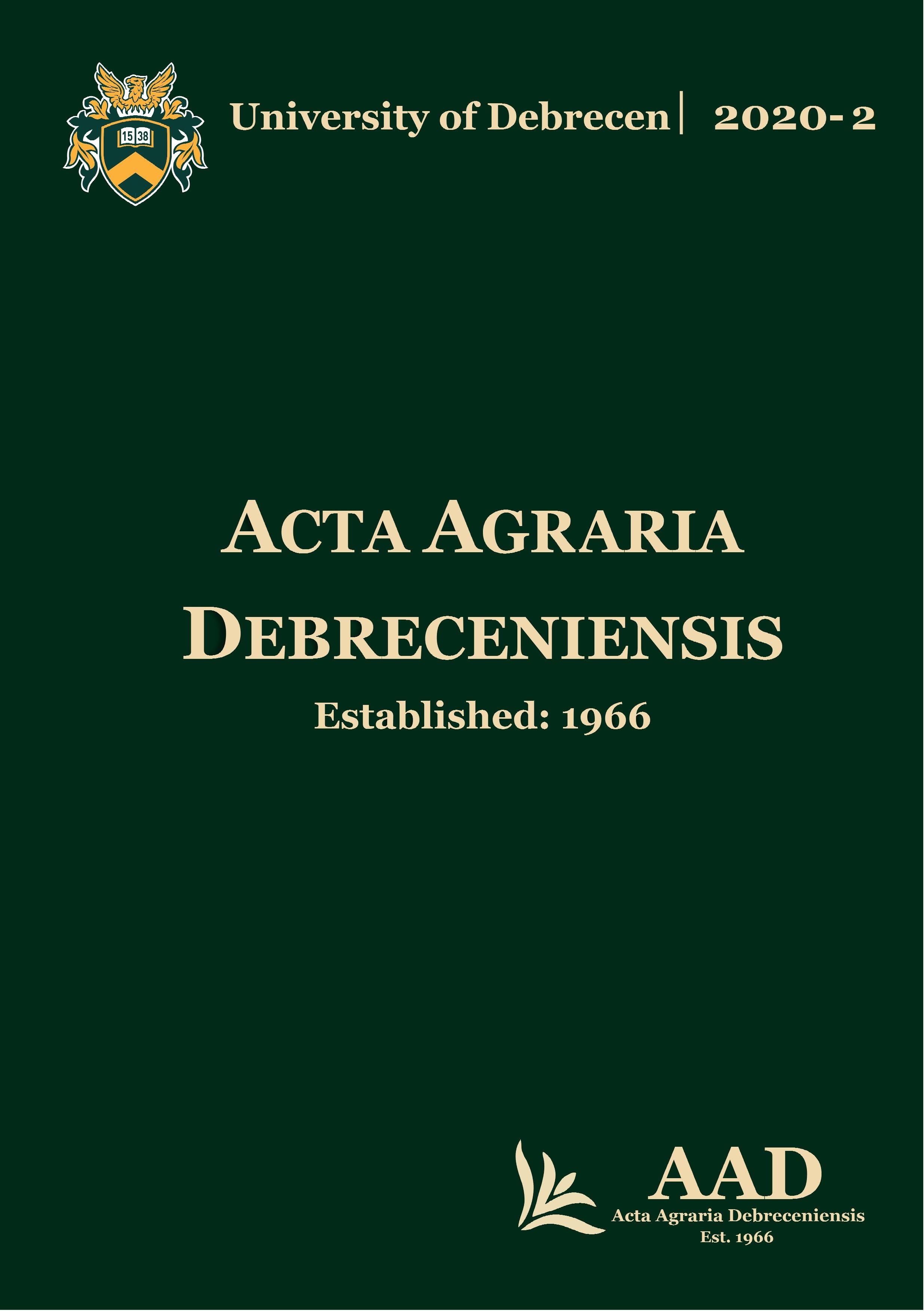Examination of different fungicides against Macrophomina phaseolina in laboratory conditions
Authors
View
Keywords
License
Copyright (c) 2020 by the Author(s)

This work is licensed under a Creative Commons Attribution 4.0 International License.
How To Cite
Accepted 2020-09-08
Published 2020-12-01
Abstract
In Hungary, sunflower is the third most important arable crop, which has a lot of pathogenic fungi. One of these fungi is the Macrophomina phaseolina, which is a well-known fungus in all over the world, since this pathogen has more than 700 host plants. In Hungary, several host plants can be found as well. The M. phaseolina produces microsclerotia, which can survive in the soil and residues for almost 10 years. For now, there is no efficient treatment against this pathogen because of this fungus, since it is extremely resistant and cannot be destroyed easily. The only effective treatment against the fungus is genetic defence. In this study, three different fungicides were tested in vitro against the fungus. The Mirage (prochloraz) seemed to be the most effective fungicide as it completely arrested the hyphal growth. In contrast, the Amistar Xtra (azoxystrobin and ciprochonazol) has only a minor effect on the growth of M. phaseolina. Thirdly, the Retengo (pyrachlostrobin) arrested the hyhpal growth of the fungus with 71% at 100 ppm, in other words, the use of this fungicide seems promising.

 https://doi.org/10.34101/ACTAAGRAR/2/3768
https://doi.org/10.34101/ACTAAGRAR/2/3768